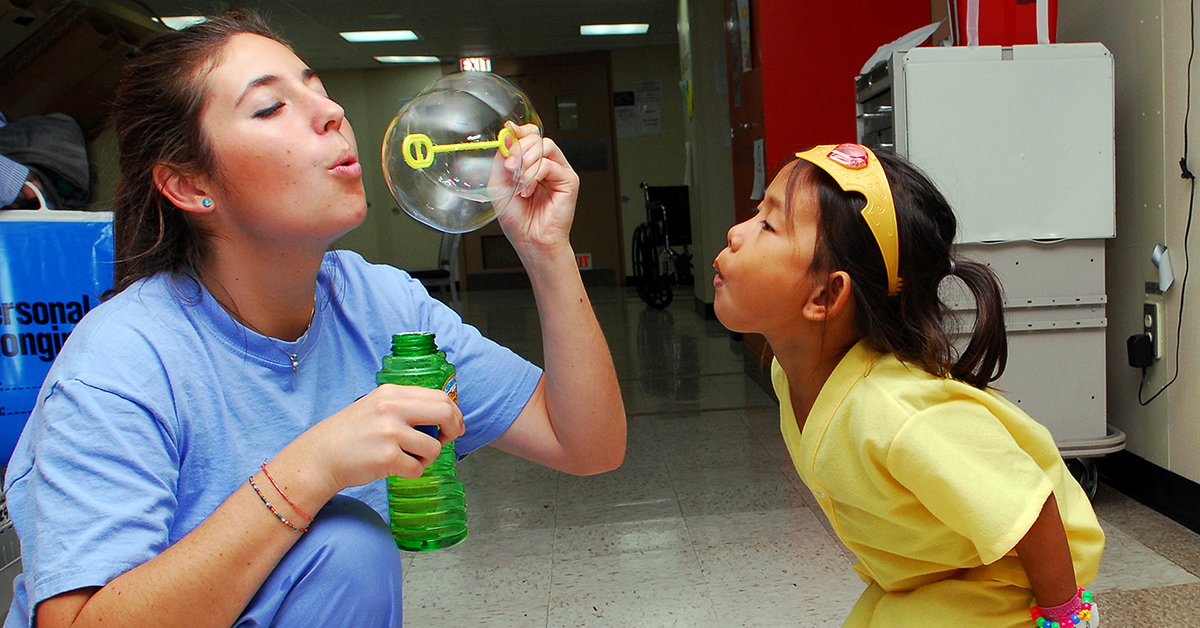Medical overuse is just as much a problem in children’s health care as it is for adults, but the pediatric field has been slower to recognize this issue. In a recent JAMA Pediatrics viewpoint, RCA Children’s Health Council members Dr. Shawn Ralston and Dr. Alan Schroeder explore why the concept of overuse in pediatrics isn’t catching on. Here are a few reasons:
-
- Children’s health is traditionally under-resourced. Our health care system spends much more on older adults than on children, so pediatricians are used to fighting for more resources for children’s health. Advocating for less care goes very much against the grain.
- Pediatrics has less available evidence on overused services. The knowledge we have on overused services in adult care took many randomized trials with thousands of participants. These types of large trials are not typically conducted for children’s health, which makes it harder to identify which pediatric services are being overused.
- Children’s health emphasizes prevention. Pediatricians have tried to emphasize the importance of prevention in recent years – including vaccinations, preventing child obesity, and screening for developmental delays. Addressing these problems in childhood has positive effects on health for that child’s whole lifetime, so it makes sense that pediatricians are focusing more on underuse than overuse.
“The problem of unnecessary health care in this country does not simply involve children—it actually starts with them.”
And yet, it is imperative that pediatricians recognize the harm of overuse, Ralston and Schroeder write. From unnecessary tonsillectomies, to overprescription of psychotropic drugs, to overdiagnosis of behavioral disorders, overuse in children’s health is prevalent. And, as the authors point out, too many scans or antibiotics in childhood can have negative effects on health later in life. They conclude, “We must acknowledge that the problem of unnecessary health care in this country does not simply involve children—it actually starts with them.”

